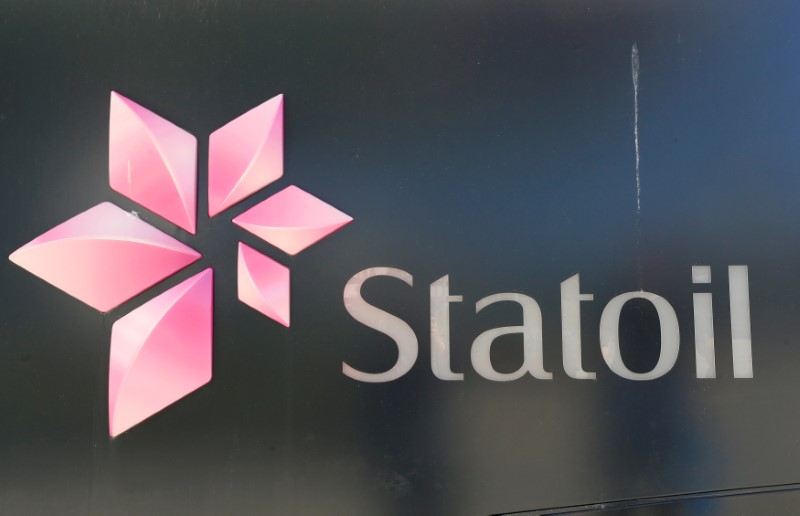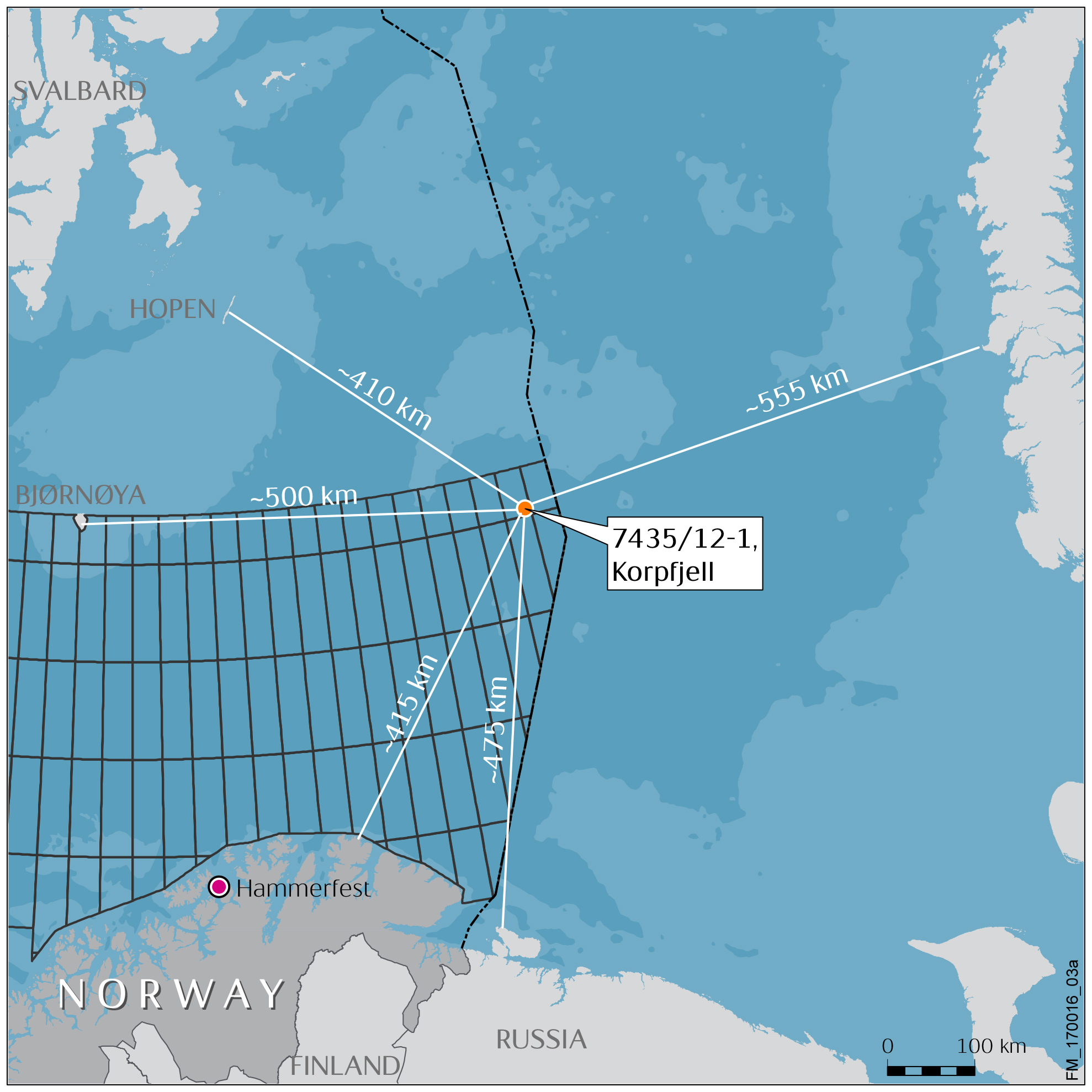Norway’s Arctic oil ambitions suffer setback as most promising well yields none
OSLO — Norway’s hope of discovering a large oilfield in the Barents Sea has suffered a major setback after the far north Arctic‘s most promising reservoir turned out to contain only small amounts of natural gas.
Statoil, the country’s top oil and gas producer, has stepped up drilling in the Barents Sea this year as the government seeks to attract more explorers to its Arctic waters to make up for declining North Sea output.

But Statoil said on Tuesday that after drilling the northernmost exploration well in the highly anticipated Korpfjell prospect it had found only non-commercial quantities of gas and no oil.
Korpfjell was the first exploration well drilled in the Norwegian section of a formerly disputed area between Norway and Russia, where Statoil and its partners had hoped to make a major discovery.
[Statoil spuds controversial prospect in northern Barents Sea]
“The results are of course disappointing, but it is too early to draw any conclusions on how this will impact the Barents Sea southeast area,” Jez Averty, Statoil’s head of exploration in Norway and UK, said.
Statoil, which is majority government-owned, had ranked the Korpfjell well as “high-impact,” meaning that it could contain upwards of 250 million barrels of oil equivalents (boe) gross or 100 million boe for Statoil alone, while its partner Lundin Petroleum had said it could hold more than a billion barrels.

Statoil, however, said that the discovery made at Korfpjell is estimated to contain just 40-75 million boe or 6-12 billion standard cubic meters of gas, not large enough for commercial development.
Averty said Statoil needed to explore the area more, and planned a second Korpfjell well in 2018. Lundin also said it would continue to explore in the area.
The failure to make significant discoveries is also disappointing for Norway’s right-wing government, which has sought to expand the petroleum industry in the Arctic region as production from the North Sea’s mature areas is set to decline from the mid-2020s.
[Big Oil’s dream of $65 billion hidden off Norway is fading away]
In April, Norway’s oil industry regulator doubled its forecast for potential Barents Sea discoveries.
That alarmed green groups, which oppose Arctic drilling, and Greenpeace activists tried to stop drilling of the Korpfjell well earlier this month.
Disappointing Arctic campaign
Korpfjell was the fourth of Statoil’s five planned exploration wells in the Barents Sea this summer, and the third that failed to prove commercial volumes.
Statoil’s fourth exploration well drilled this year, known as Kayak, made a small oil discovery, which could be potentially tied in to the larger Johan Castberg field development.
News of the disappointing drilling results from Korpfjell sent Statoil shares down 1.9 percent by 0849 GMT, while shares of Lundin Petroleum tumbled 7 percent. Other partners in the Korpfjell license are Chevron, ConocoPhillips and state-owned Petoro.
“Gas is almost impossible to commercialize in these remote areas, and if the eastern Barents Sea is gas prone, it will have limited value potential,” analysts at brokers DNB said in note. They cut their target for Lundin’s share price by 4 crowns to 196 Swedish crowns ($24.76) on Tuesday.
Teodor Sveen-Nilsen, an analyst at Sparebank 1 Markets, said the results so far were slightly disappointing, but not disastrous.
“If more wells to be drilled in 2018 turn to be dry, then it would be really bad,” he added.
Additional reporting by Terje Solsvik.